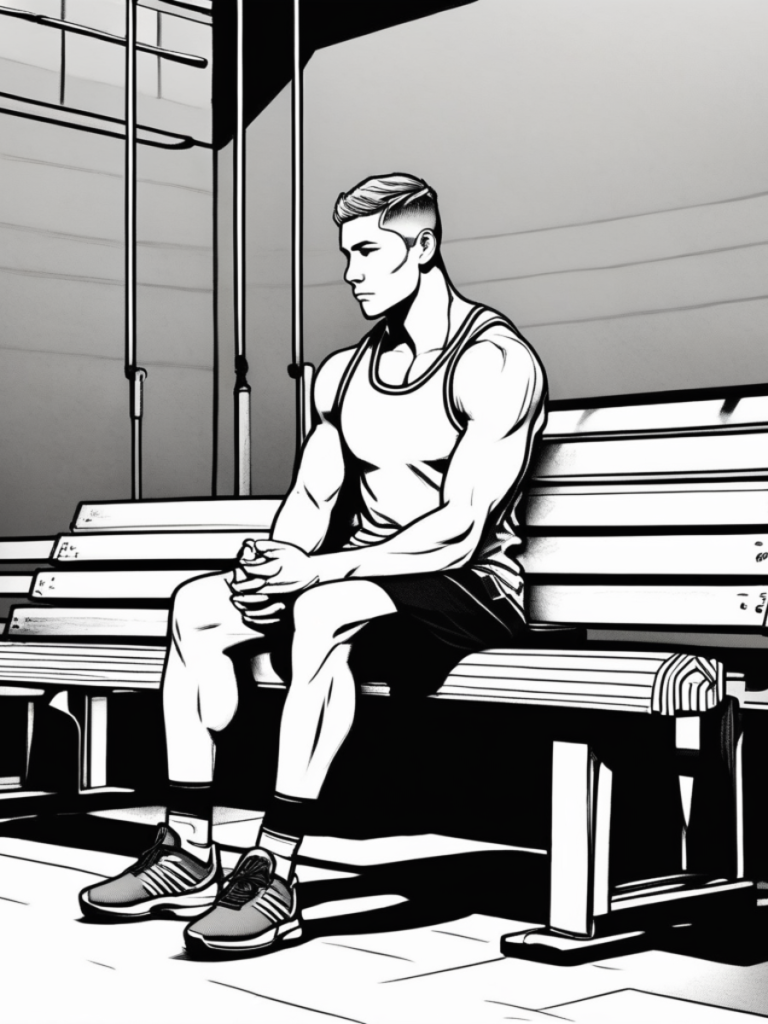
Recognizing Depression in Athletes: Signs, Support, and Solutions
Athletes are often seen as pillars of strength and determination, but they’re not immune to mental health challenges like depression. The pressure to perform, rigorous training schedules, and life’s external stresses can take a toll on their mental well-being. Recognizing the signs of depression in athletes and knowing how to help can make all the difference in their lives and performances.
Signs of Depression in Athletes
Depression can manifest differently in athletes, sometimes disguising itself as physical or behavioral changes. Recognizing these signs early is crucial:
Persistent Mood Changes
Constant sadness, irritability, or unexplained mood swings may signal underlying depression. These shifts are often more pronounced during stressful periods, such as competition seasons.Loss of Passion for Sports or Activities
If an athlete loses enthusiasm for their sport, hobbies, or social interactions, it could be a sign they’re struggling emotionally.Disrupted Sleep and Eating Habits
Insomnia, oversleeping, or erratic eating patterns—whether eating too little or too much—are common symptoms of depression.Unusual Fatigue and Energy Levels
Depression often leads to a noticeable lack of energy, even during periods of reduced physical activity.Unexplained Physical Symptoms
Athletes might report headaches, muscle pains, or other physical complaints that don’t have a clear medical explanation.Social Withdrawal
Avoiding friends, family, or teammates and preferring isolation can be a clear sign of emotional distress.
How to Support Athletes Struggling with Depression
Once you recognize potential signs, taking steps to provide support can help athletes regain their mental health and confidence:
Encourage Open Conversations
Create a judgment-free environment where athletes feel safe discussing their feelings. Even casual check-ins like, “How are you doing?” can encourage them to open up.Seek Professional Guidance
Recommending a mental health professional, such as a counselor or therapist, can provide athletes with the resources they need to address their struggles.Utilize Support Groups
Joining peer groups or athlete-focused mental health forums can help individuals feel less isolated and more understood.Promote Mental Health Education
Equip athletes, families, and coaches with the knowledge to identify mental health challenges and understand the importance of seeking help.Leverage Intervention Programs
Many sports organizations offer resources like therapy access or wellness workshops. These can be valuable tools for athletes facing mental health challenges.
Fostering a Mental Health-Friendly Environment
A proactive approach to mental health can prevent issues before they escalate. Here’s how coaches, parents, and teammates can create a supportive atmosphere:
Normalize Conversations About Mental Health
Open dialogue about mental health helps reduce stigma and fosters a culture of understanding within athletic teams.Conduct Regular Check-Ins
Routine conversations with athletes allow you to monitor their mental state and provide early interventions if needed.Ensure Balanced Training Schedules
Prevent burnout by incorporating adequate rest and recovery time into training plans. Overtraining can amplify stress and lead to emotional exhaustion.
The Role of Mental Health in Athletic Success
Athletes invest countless hours in developing their physical skills, but maintaining mental health is equally vital. Recognizing depression in athletes and addressing it promptly ensures they not only perform better but also lead happier, more fulfilling lives.
By supporting athletes through open communication, professional resources, and a balanced environment, we can help them overcome mental health challenges and continue to excel both on and off the field.
Join the Champion's Circle: Athlete Growth Hub!
Ready to take your athletic performance to the next level? Join the Champion's Circle: Athlete Growth Hub, where driven athletes come together to share insights, stay motivated, and elevate their game. Gain access to expert advice, exclusive content, and a supportive community that will help you crush your goals. Don’t miss out—unlock your potential and start growing today!
Join NowReady to take your game to the next level? 🚀 Book your free consultation today and discover how personalized coaching can help you reach your goals faster and more effectively. Don’t wait—let’s start your journey to success now! Click the link to schedule your session and unlock your full potential. 💪✨


